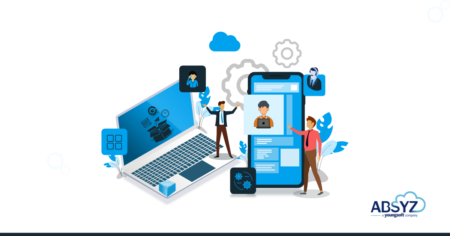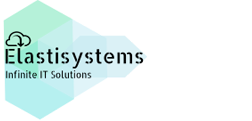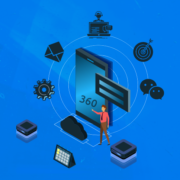Salesforce Field Service Lightning

On-field service makes for a big chunk of the customer service function of any business. Field Service Lightning (FSL) is a part of the Salesforce Service Cloud that helps companies deliver excellence and value to their customers. The best part about FSL is that you can get a custom design and implementation of it, basis the specific SLAs signed with your customers.
Comprising of features and functionalities that cut across industries and verticals in the application, FSL is a fast-emerging cloud application by Salesforce.com that has found immense endorsement in the global corporate in a little span of time. We take a look at what FSL is, and that how it can let your customer service function and field service sub-function shine amidst fast-rising customer expectations and fast-evolving customer preferences.
Field Service Lightning allows your field service enablers and customer service stakeholders to work at a lightning speed while maintaining service quality, and in some cases, even improving it. Comprising of administrators, call agents, dispatchers and field personnel as the 4 key executioners, FSL has 3 parts – the core FSL component, the FSL add-on managed package, and the FSL mobile app. We take a look at the roles of all the 4 functionaries, as well as the detailed manner in which the 3 FSL components let you move quicker and steadier towards customer success.
- The FSL Administrator: The Salesforce administrator takes care of the upkeep of the FSL set-up and manages functional aspects such as call scheduling, visit scheduling, customer preferences, and work logs and inventory reports to name a few. She or he ensures that the FSL mechanism is always working as expected and there are no bottlenecks created as a result of either functional or technical errors.
- The Call Agent: The Call agent is the first point of contact with the end-customer, and also co-ordinates with the dispatcher and the mobile workers, so as the customer requirements are met in a lucid manner through timely field visits by mobile personnel and proper technical work or delivery of products being done. The call agent is also the point of contact for the customer to reach out.
- The Dispatcher: The dispatcher deals with the physical flow of various inventory and deals in online inventory management. She or he also co-ordinates with the call agent to assess required inventory movement and help schedule the ensuing mobile agent visits too. The dispatcher also provides relevant inventory and other resources to the mobile workers for their scheduled visits and maintains a log of inventory and personnel usage at his / her end.
- The Mobile Worker: The mobile agent is the front-face of your field service business with the customer. She or he is the one who performs delivery of products to the customer, deals in returns/refunds as well as performs repair and/or maintenance work. The mobile worker is technically as well as practically skilled to execute and manage the actual physical task in an independent manner. She or he extensively uses the Salesforce mobile app to perform the FSL-based customer service.
Now, we come to the 3 parts of the FSL cloud package.
- The Core FSL Component: The core FSL lets you set operating hours, skill sets, and standard appointment requirements. It enables the Salesforce app to provide mobile access to your mobile agents and lets you track inventory and van stock on a real-time basis. It also facilitates reports and analysis of field service data, and plans performs and tracks all your field service work.
- The FSL Managed Package: The managed package optimizes your operational and work schedules, and gives you a bird eye’s view of appointment lists, scheduling actions, resource availability charts and interactive maps. It lets you integrate and maintain scheduling, global actions, sharing tools and optimization rules.
- The FSL Mobile App: The mobile app is available on the app stores, including Google Play, for free. Mobile workers / agents can view their appointment and work schedules using this app, and use the real-time data to verify work orders, customer contacts and addresses. They can log work and create follow-up appointments, and use Chatter to collaborate with relevant others. They can also track updates through push notifications, and track van stock and inventory consumed to finish their jobs.
Coming to how FSL lets you create customer success; it imparts a much-needed structure and flows to your field service and customer service operations. It also lets you minimize inter-functional conflicts and delight your customer with your first-time-right work approach. FSL also helps you minimize idle time and optimize inventory availability. Finally, FSL imparts the much-needed agility, quality and innovation to your field service and customer service operations.
To sum up, FSL is indeed a must-have cloud package for all service-oriented businesses irrespective of industry or geography. Salesforce.com is a premier cloud-based CRM package provider that has established its reputation over the past many years as a reliable customer service facilitator with its Service Cloud and FSL package offerings.
ABSYZ is a marquee Salesforce technology consulting and implementation partner that has extensive experience in installing FSL for client businesses across industries and geographies. It has helped businesses leverage FSL to increase customer satisfaction and maximize business ROI.
To know more about how ABSYZ can help deliver customer success to your organization through FSL, contact us.



